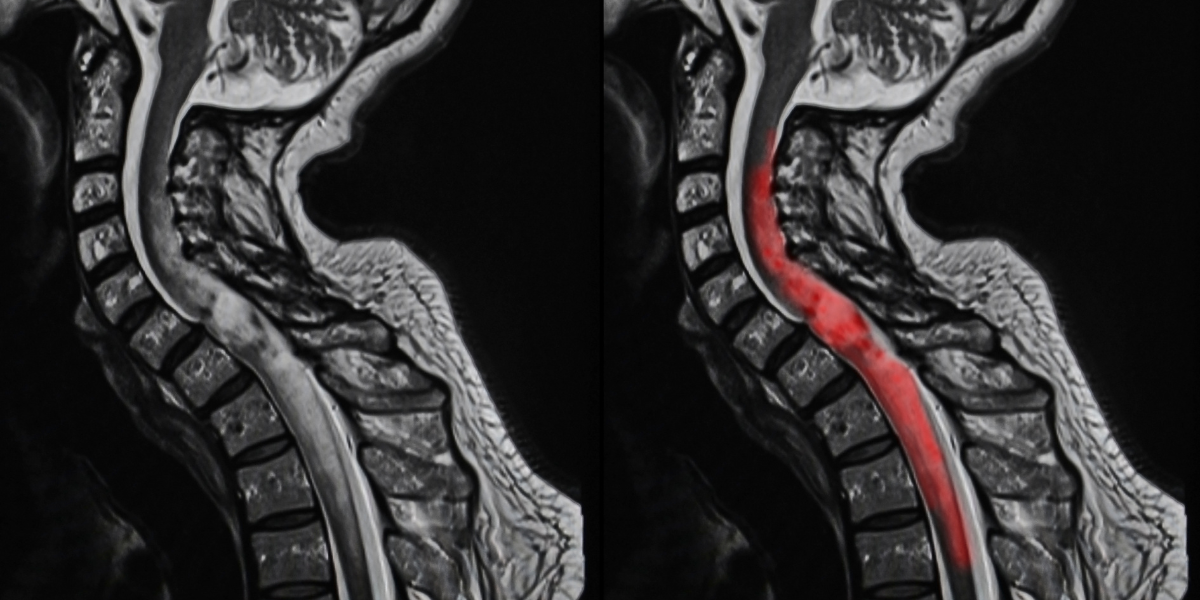
Spine surgery is typically recommended only when a period of nonsurgical treatment such as medications and physical therapy has not relieved the painful symptoms caused by your back problem. In addition, surgery is only considered if your spine surgeon or physician can pinpoint the exact source of your pain, such as a herniated disc, spine tumour or spinal cord injury.
Benefits of Spine Surgeries
By the time you are ready for spine surgery, your spine surgeon or physician will probably have tried a number of best treatments to ease your back pain and now spine surgery is the only and best way to get relief. Below are some of the benefits of undergoing spine surgery:
• You can move around better.
• You’re more physically fit.
• Your mood improves.
• You don’t need to take as much pain medicine.
• You can go back to work.
• You’re more productive at work.
• You can preserve the rest of the spine.
• You can sit for long hours.
Disc Replacement Surgery
Sometimes a disc, the cushion that separates your vertebrae, can slip out of place, press on a spinal nerve, and cause back pain. In a discectomy, the surgeon removes all or part of the disk.
A surgeon removes the damaged spinal disc and inserts an artificial one between your vertebrae. After disc replacement surgery patient can bend or move their spine. Recovery time may be shorter than for a spinal fusion, too.
Minimally Invasive Spine Surgery
Minimally invasive spine surgery was developed to treat spine problems with less injury to the muscles and other normal structures in the spine. It also helps the surgeon to see only where the problem exists in the spine. Other advantages to MISS include smaller incisions, less bleeding, and shorter stays in the hospital.
Because minimally invasive techniques do not disrupt muscles and soft tissues, it is believed that post-operative pain is less than pain after traditional, open procedures. You should still expect to feel some discomfort, however, advancements in pain control now make it easier for your doctor to manage and relieve pain.
To help you regain strength and speed your recovery, your doctor may recommend physical therapy. This will depend on the procedure you have had and your general physical condition. Specific exercises will help you become strong enough to return to work and daily activities.
